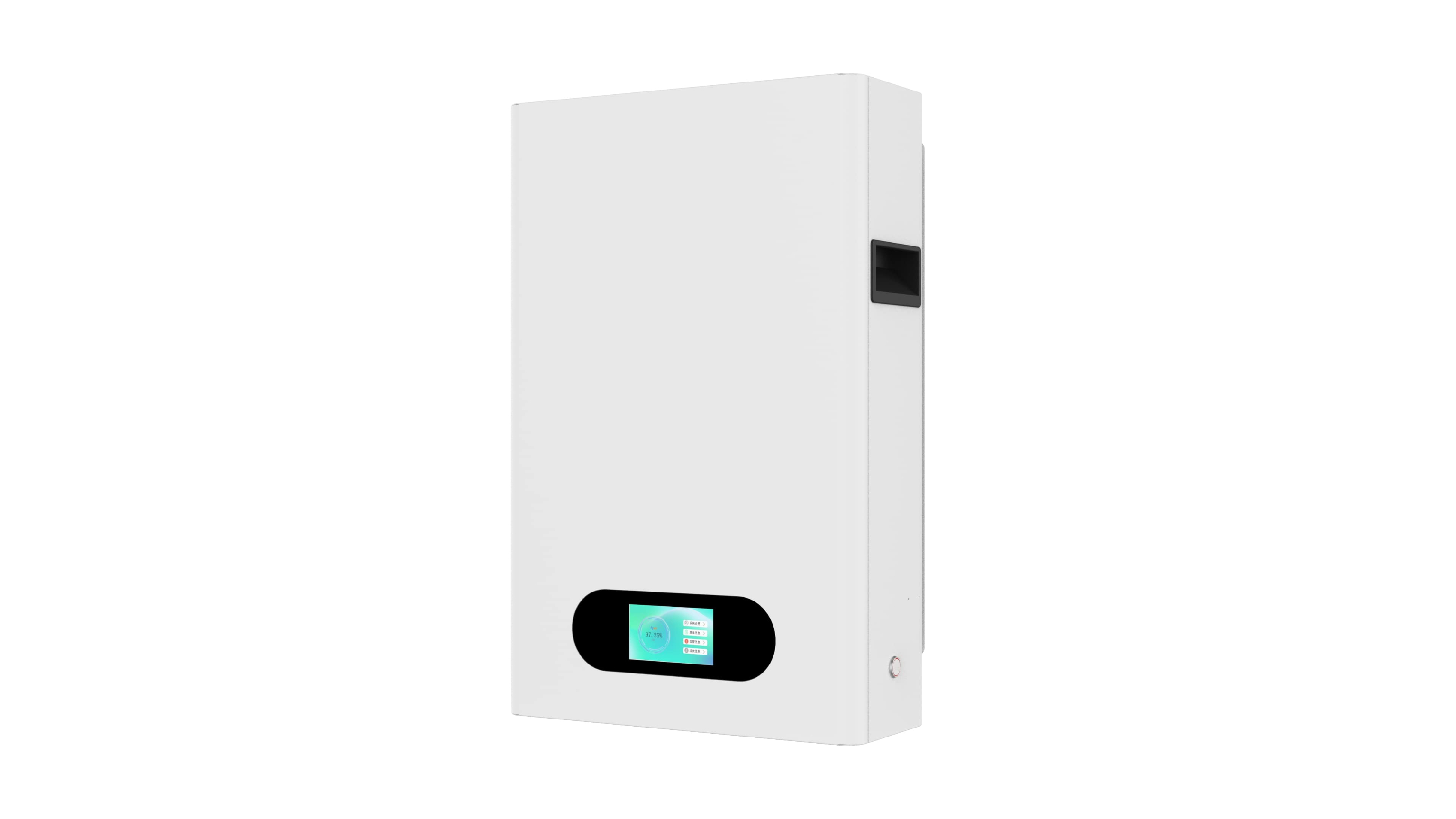The Remarkable Lithium Ion Battery: Empowering the Future with LiFePO4

In today's rapidly advancing world, the demand for clean and sustainable energy sources has never been more critical. The advent of new energy solutions, particularly lithium-ion batteries, has revolutionized the field of technology and brought about significant advancements in renewable energy systems. In this article, we will explore the incredible potential of the lithium-ion battery, with a specific focus on the LiFePO4 variant. The Rise of Lithium Ion Battery Technology:
Lithium-ion batteries have emerged as the preferred energy storage solution due to their high energy density, long cycle life, and relatively low environmental impact. These batteries utilize lithium ions as the primary charge carrier, allowing for efficient and reliable energy storage.
Key Components of a Lithium Ion Battery:
A lithium-ion battery consists of several essential components that work together to generate and store electrical energy. The anode (positive electrode) is typically made of carbon, while the cathode (negative electrode) is composed of lithium metal oxide. Separating these electrodes is an electrolyte, which enables the movement of lithium ions between the anode and cathode during the charging and discharging process.
The Advantages of LiFePO4 Battery:
One of the most promising variants of lithium-ion batteries is the Lithium Iron Phosphate (LiFePO4) battery. It offers several advantages over traditional lithium-ion batteries, making it an ideal choice for various applications.
1. Enhanced Safety:
LiFePO4 batteries are inherently safer due to their stable chemical structure. Unlike other lithium-ion batteries that may be prone to thermal runaway and potential fires, LiFePO4 batteries exhibit excellent thermal stability and are highly resistant to overheating, making them significantly safer for consumer use.
2. Longer Cycle Life:
LiFePO4 batteries can withstand a higher number of charge and discharge cycles compared to conventional lithium-ion batteries. With a typical lifespan of over 2000 cycles, LiFePO4 batteries offer extended longevity, making them cost-effective and reliable for long-term applications.
3. High Energy Density:
Despite being inherently safer, LiFePO4 batteries maintain a competitive energy density, ensuring efficient energy storage without compromising performance. This characteristic makes them suitable for a wide range of applications, including electric vehicles, portable electronics, and renewable energy systems.
Applications of Lithium Ion Batteries:
Lithium-ion batteries, including the LiFePO4 variant, have transformed various industries and empowered a greener future. Here are a few notable applications:
1. Electric Vehicles (EVs): Lithium-ion batteries have revolutionized the EV industry, providing a reliable and efficient energy storage solution. LiFePO4 batteries are increasingly used in electric cars due to their high safety standards, long lifespan, and excellent performance.
2. Renewable Energy Storage: As the world embraces renewable energy sources, lithium-ion batteries play a crucial role in storing excess energy generated by solar panels and wind turbines. LiFePO4 batteries offer a sustainable and reliable solution for storing clean energy and managing power fluctuations.
3. Portable Electronics: The ever-growing demand for portable electronic devices such as smartphones, tablets, and laptops relies heavily on lithium-ion batteries. The LiFePO4 variant offers extended battery life, faster charging capability, and enhanced safety for these devices.
Conclusion:
The lithium-ion battery, with its remarkable performance and versatility, continues to revolutionize the energy storage landscape. The emergence of LiFePO4 batteries has further enhanced safety, longevity, and energy density, making them an ideal solution for a wide range of applications. As we embrace a greener and more sustainable future, the lithium-ion battery, especially the LiFePO4 variant, will undoubtedly play a crucial role in powering our lives.
The Rise of Lithium Ion Battery Technology:
Lithium-ion batteries have emerged as the preferred energy storage solution due to their high energy density, long cycle life, and relatively low environmental impact. These batteries utilize lithium ions as the primary charge carrier, allowing for efficient and reliable energy storage.
Key Components of a Lithium Ion Battery:
A lithium-ion battery consists of several essential components that work together to generate and store electrical energy. The anode (positive electrode) is typically made of carbon, while the cathode (negative electrode) is composed of lithium metal oxide. Separating these electrodes is an electrolyte, which enables the movement of lithium ions between the anode and cathode during the charging and discharging process.
The Advantages of LiFePO4 Battery:
One of the most promising variants of lithium-ion batteries is the Lithium Iron Phosphate (LiFePO4) battery. It offers several advantages over traditional lithium-ion batteries, making it an ideal choice for various applications.
1. Enhanced Safety:
LiFePO4 batteries are inherently safer due to their stable chemical structure. Unlike other lithium-ion batteries that may be prone to thermal runaway and potential fires, LiFePO4 batteries exhibit excellent thermal stability and are highly resistant to overheating, making them significantly safer for consumer use.
2. Longer Cycle Life:
LiFePO4 batteries can withstand a higher number of charge and discharge cycles compared to conventional lithium-ion batteries. With a typical lifespan of over 2000 cycles, LiFePO4 batteries offer extended longevity, making them cost-effective and reliable for long-term applications.
3. High Energy Density:
Despite being inherently safer, LiFePO4 batteries maintain a competitive energy density, ensuring efficient energy storage without compromising performance. This characteristic makes them suitable for a wide range of applications, including electric vehicles, portable electronics, and renewable energy systems.
Applications of Lithium Ion Batteries:
Lithium-ion batteries, including the LiFePO4 variant, have transformed various industries and empowered a greener future. Here are a few notable applications:
1. Electric Vehicles (EVs): Lithium-ion batteries have revolutionized the EV industry, providing a reliable and efficient energy storage solution. LiFePO4 batteries are increasingly used in electric cars due to their high safety standards, long lifespan, and excellent performance.
2. Renewable Energy Storage: As the world embraces renewable energy sources, lithium-ion batteries play a crucial role in storing excess energy generated by solar panels and wind turbines. LiFePO4 batteries offer a sustainable and reliable solution for storing clean energy and managing power fluctuations.
3. Portable Electronics: The ever-growing demand for portable electronic devices such as smartphones, tablets, and laptops relies heavily on lithium-ion batteries. The LiFePO4 variant offers extended battery life, faster charging capability, and enhanced safety for these devices.
Conclusion:
The lithium-ion battery, with its remarkable performance and versatility, continues to revolutionize the energy storage landscape. The emergence of LiFePO4 batteries has further enhanced safety, longevity, and energy density, making them an ideal solution for a wide range of applications. As we embrace a greener and more sustainable future, the lithium-ion battery, especially the LiFePO4 variant, will undoubtedly play a crucial role in powering our lives.


